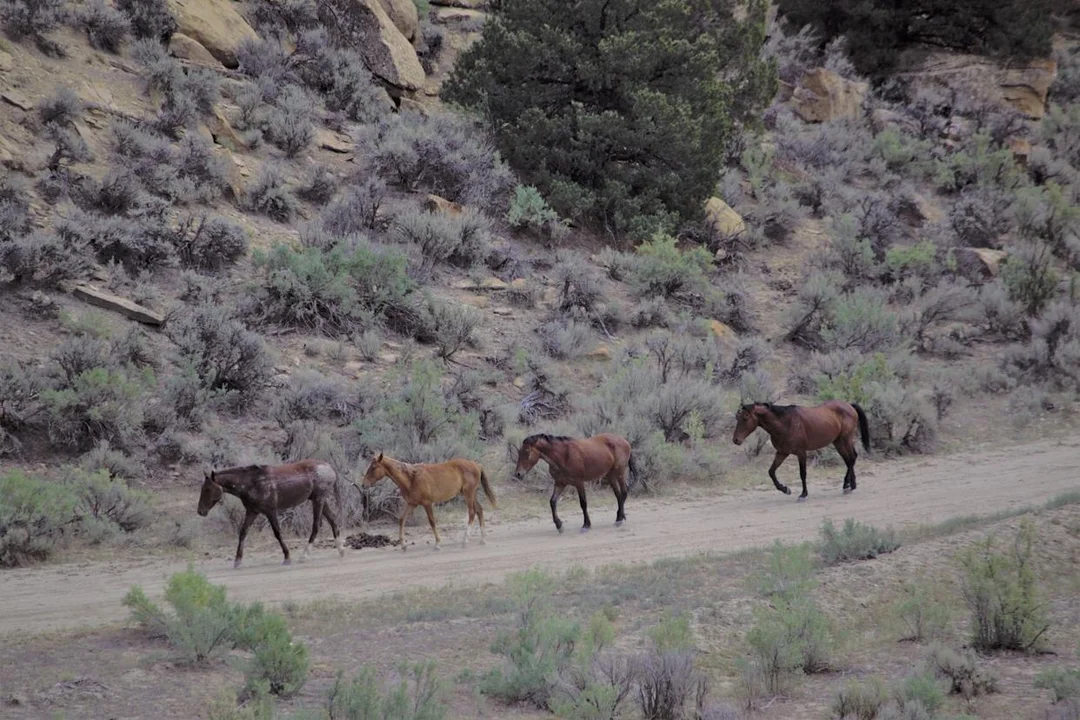
Kathleen Sgamma Abruptly Withdraws Nomination To Lead Bureau Of Land Management Amid Controversy Over Jan. 6 Comments
In a surprising development indicative of deep political fissures, Kathleen Sgamma — President Donald Trump’s nominee to lead the influential Bureau of Land Management (BLM) — abruptly withdrew her nomination on Thursday after past criticism of Trump’s role in the Jan. 6 Capitol attack surfaced, igniting debate over loyalty tests in federal appointments.
Sgamma, a longtime oil and gas advocate from Denver, appeared poised to accelerate Trump’s agenda of expanding fossil fuel development and reducing federal land restrictions. The BLM oversees about 245 million acres, shaping America’s mining, drilling, grazing, and conservation policies — a critical role especially for western states. Her withdrawal, announced at the outset of a Senate Energy and Natural Resources Committee hearing, halts Trump’s attempt to rapidly reshape federal land use.
According to reporting, the controversy stems from comments Kathleen Sgamma made in early 2021 following the Capitol riot. She had expressed being “disgusted by the violence” and blamed then-President Trump’s dissemination of misinformation that helped incite the chaos. Sgamma reportedly said Trump “besmirched” federal agencies, in a memo to industry colleagues. These remarks, resurfacing days ahead of her confirmation, proved politically fatal amid the Trump administration’s insistence on fierce loyalty from appointees.
David Bernhardt, former Interior Secretary under Trump who shared a link to Sgamma’s 2021 remarks online, labeled her withdrawal “self-inflicted,” suggesting that dissenting views on Jan. 6 were a disqualifier for Trump-era nominations. Critics swiftly underscored concerns of an increasingly rigid ideology defining federal appointments. “In Trump's authoritarian universe, the only thing that matters is loyalty,” said Alan Zibel of Public Citizen, adding that making obviously moral statements about January 6th cost Sgamma her nomination.

Sgamma’s extensive industry background was both her strength and a point of contention. For nearly two decades, she represented independent energy producers fighting environmental regulations while opposing policies combating climate change and biodiversity loss. Her critics said her leadership would have favored fossil fuel expansion at the expense of conservation, while supporters saw a champion for energy independence.
Her withdrawal comes just as the Trump administration accelerates energy deregulation — including ending Biden-era limits on coal leases in Wyoming and Montana, and skipping a broad environmental review for oil and gas leases spanning 5,500 square miles across multiple states. Amid this push, the BLM is left without a confirmed leader to steer crucial decisions.
Political analysts suggest this rupture reflects the formidable loyalty demands Trump imposes on his team, with past criticisms outweighing decades of advocacy aligned with his broader agenda. “That’s the world we’re in,” said Aaron Weiss of the Center for Western Priorities, where “acknowledging reality” on Jan. 6 can derail a candidate regardless of qualifications.
Senator Mike Lee, chairing the hearing, simply stated the committee now looks forward to considering the next nominee, underscoring the BLM’s national importance. Meanwhile, questions loom over Trump’s ability to unite the party amid hardline demands, especially as he reorients multiple agencies toward an aggressive pro-energy stance that often courts controversy.
Kathleen Sgamma, for her part, remains supportive of the administration’s energy policies and vowed to continue fighting for “Unleashing American Energy” outside government. Her exit, however, highlights the increasingly fraught nature of government appointments amid deep partisan divides surrounding January 6th and tests of political loyalty.
This nomination drama leaves open critical questions: Can loyalty demands coexist with effective governance and expertise? How will future nominees navigate these ideological minefields? Share your views and join the conversation below.